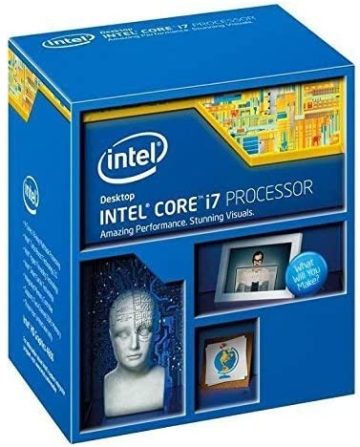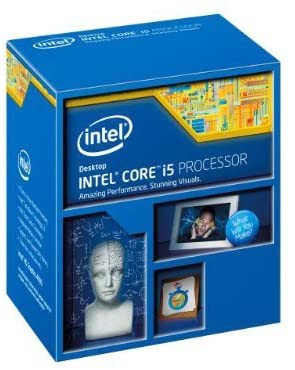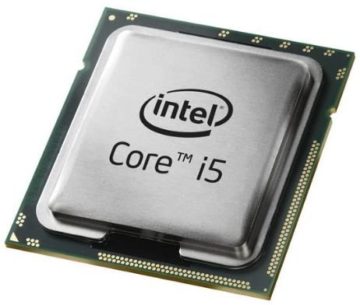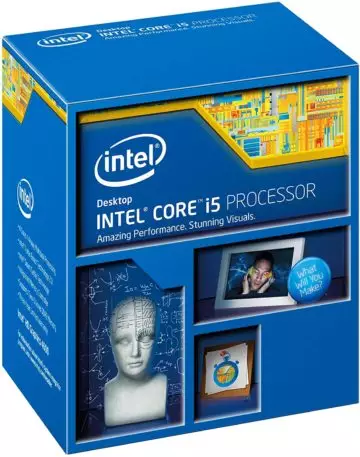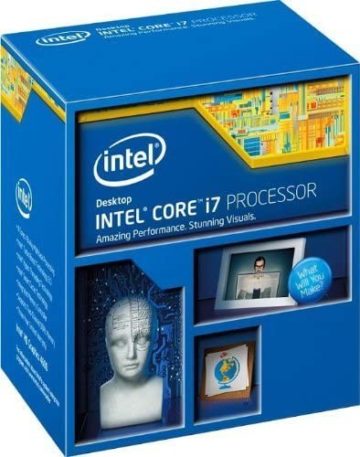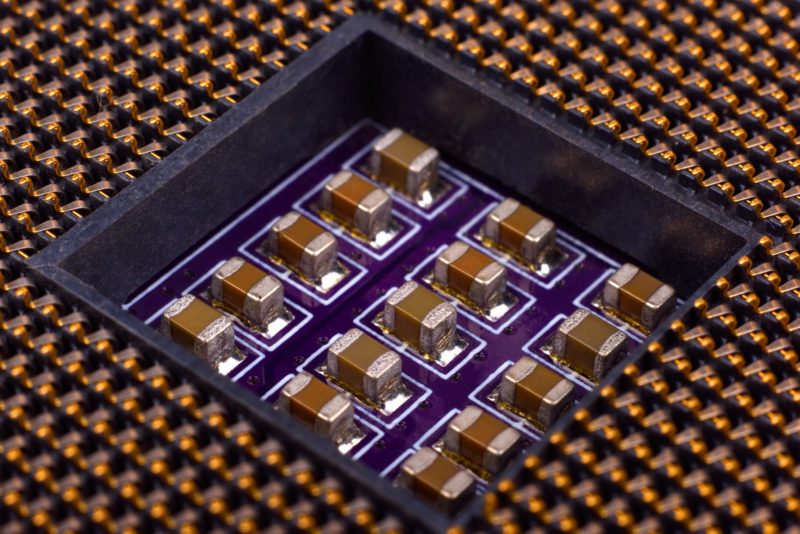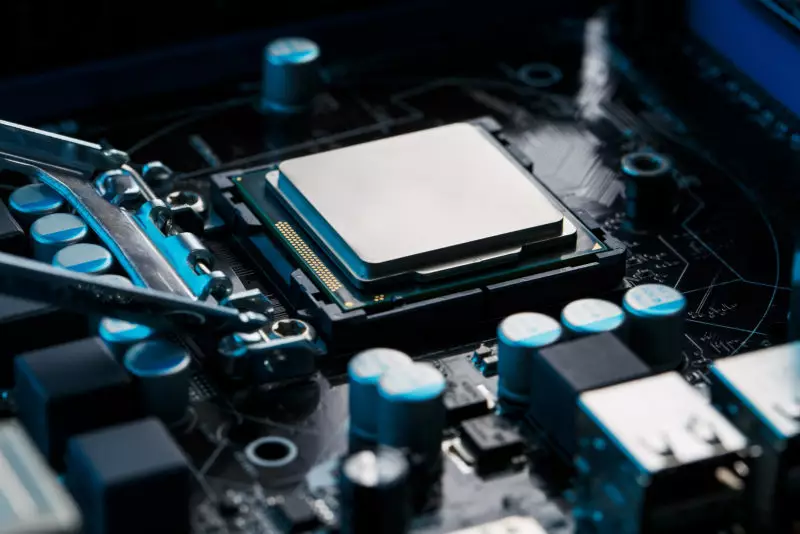This CPU stands above them all, the 4th generation Core i7 4790K delivers top-notch performance and is only rivalled by it’s newer generations. It’s got several advanced features that allow it to keep everything running smoothly even during the most intensive computational tasks.
Check Latest PriceIs Hyperthreading Worth It? (Pros, Cons)
Hyperthreading improves CPU’s performance and speed but is hyperthreading worth it? Learn about hyperthreading here and its pros and cons.
